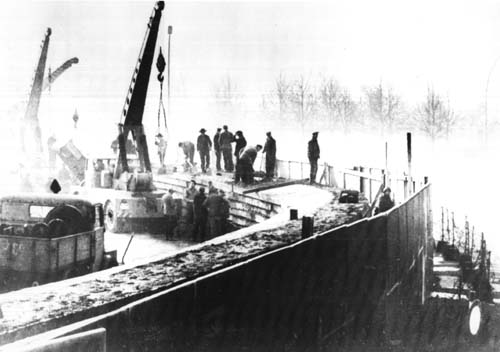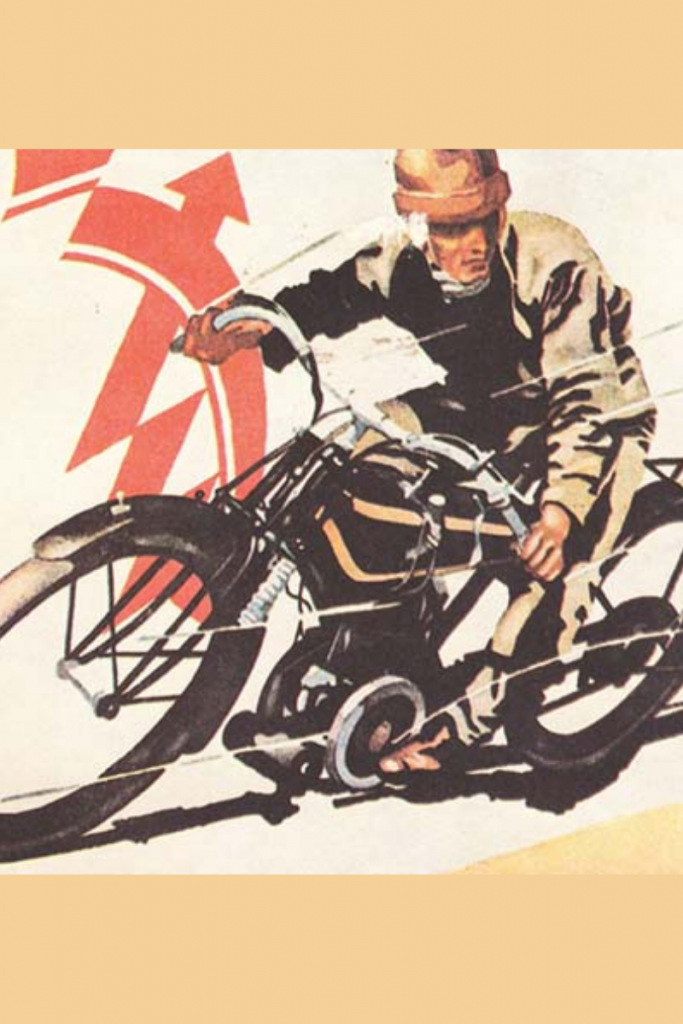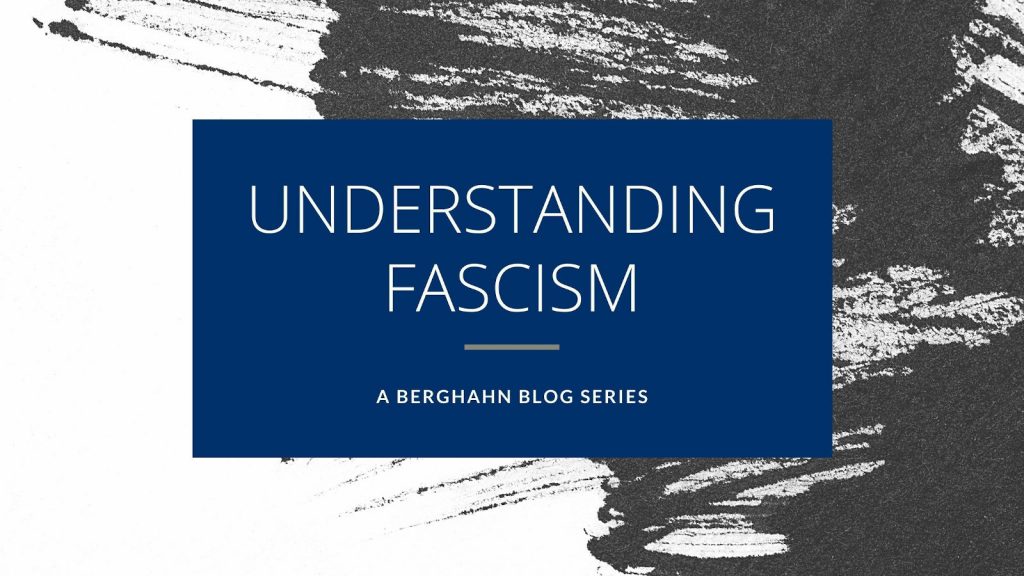
In commemoration of German reunification




Reinhart Koselleck (23 April 1923 – 3 February 2006), a German historian widely considered one of the most influential European theorists of history and historiography in the twentieth century.
Constantly probing and transgressing the boundaries of mainstream historical writing, he created numerous innovative approaches and exposed himself to a large range of impulses from other academic disciplines. His writings responded to the work of German philosophers such as Martin Heidegger and Hans Georg Gadamer and of political thinkers such as Carl Schmitt. Koselleck’s thought also responded and added to the work of internationally renowned scholars such as Hayden White, Michel Foucault, and Quentin Skinner.
We are proud to offer a selection of texts and FREE access to Contributions to the History of Concepts journal concerning Koselleck’s essential contributions to the fields. Scroll down for details.
Continue reading “Celebrating the Life and Career of Reinhart Koselleck”

August 13th marks the anniversary of the construction of the Berlin Wall. The concrete barrier physically and ideologically divided Berlin from 1961 to 1989. Along with separating West Berlin from East German territory, it came to symbolize the “Iron Curtain” that separated Western Europe and the Eastern Bloc during the Cold War.
Browse relevant Berghahn titles on the history of a divided Germany. In addition, Berghahn Journals is offering free access to Vol. 29, Issue 2 of German Politics and Society until August 22, 2022. See below for details.
Continue reading “The beginning of a Germany divided”

In celebration of World Motorcycle Day (21 June), we are featuring the following excerpt from Sasha Disko’s THE DEVIL’S WHEELS: Men and Motorcycling in the Weimar Republic.


